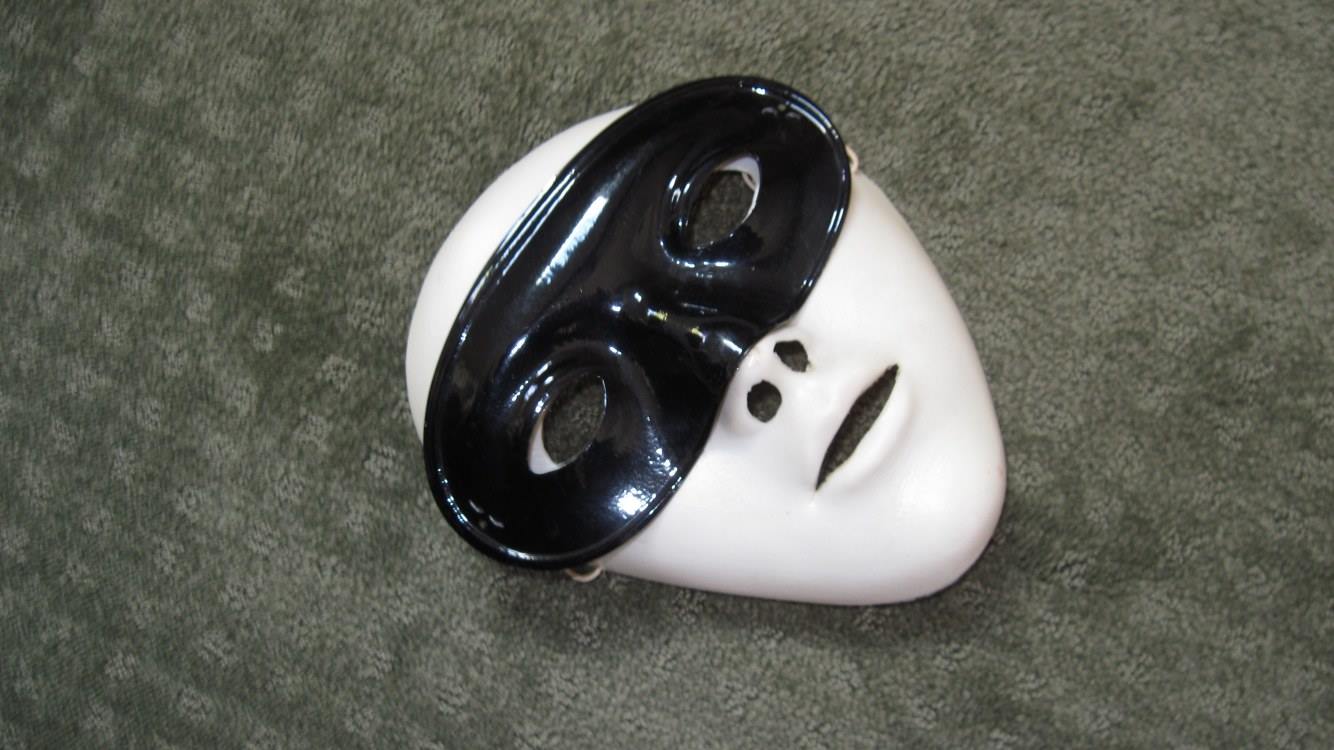The Impostor Phenomenon
By: Betty Bickers, LCSW Posted On Mar 18, 2017
Betty's Office 2.1 The Impostor Phenomenon: "I'm Not Good Enough for This Job!"
I live in Orange County, California -- a land of imposters. You might think that Los Angeles County to our north would have even more imposters per capita, what with Hollywood and the entertainment industry. The "Impostor Phenomenon" discussed here is not about actors perfecting their craft to inhabit a character. Nor is it about the dramatic increase in rock tribute bands appearing everywhere around this great land. Those examples are theatrical imposters and for the most part don't hurt anybody.
The Impostor Phenomenon we're talking about can occur in many high-functioning successful people who are secretly haunted by thoughts of being a fraud or a fake. Usually related to their work lives, they feel they do not deserve their accomplishments and have faked their way to success.
Despite evidence to the contrary, they cannot be reassured or convinced that their success is due to their brains and talent. They instead attribute their success to luck or other factors (charm, looks, connections). This is not false modesty on the part of Imposter Phenomenon sufferers. They can experience extreme shame fearing being exposed for having inadequate knowledge or experience to be in the position they are in. This fear of being (publicly) exposed as a fraud is one significant way Impostor Phenomenon differs from more typical job performance worries.
The Impostor Phenomenon is a psychological "thing" (fancy clinical term) that happens to about 70% of professionals at some point over their working lives, research tells us. Also referred to as the Impostor or Fraud Syndrome, it happens (generally) equally to both men and women. Women tend to have been the focus of research more so than men, however, on this issue.
Due to its secretive aspect, sufferers rarely share any of these feelings, thus perpetuating the idea that they are truly alone and are truly imposters. For some sufferers of the Impostor Phenomenon, just learning that this "thing" has a name is a start to better understanding their own fears, beliefs, and thoughts related to their professional selves. Many take some relief that this "secret insecurity thing" they have lived with is way more common than they had any idea.
Whether inside or outside of psychotherapy, those experiencing Impostor Phenomenon should take hope that they can work their way out of this persistent cycle of fearing failure, exposure, and chronic sense of inauthenticity. Challenging one's own thinking patterns needs to occur if this Imposter Phenomenon is to be overcome or at least subdued.
If you have read this far, I guess I owe it to my reader to give you the honest truth. The Impostor Phenomenon is actually no more common in Orange County than anywhere else in the country. It is prevalent everywhere, from urban cities to rural areas, from the mountains to the seas. I hope to have gotten the message across that those who suffer from the Impostor Phenomenon really and truly aren't imposters, they just believe themselves to be.
If you wonder whether you may be a sufferer of the Impostor Phenomenon or if you care about an "impostor", consider reading more about this subject. I recommend "The Impostor Phenomenon" by Dr. Pauline Rose Clance (who coined the phrase along with colleague Dr. Suzanne Imes in the late 1970's). Dr. Clance writes with much empathy about the painful experience of believing oneself to be an impostor. Another book with great suggestions and insight is "The Secret Thoughts of Successful Women: Why Capable People Suffer from the Impostor Syndrome and How to Thrive in Spite of It" by Valerie Young, Ed.D. This book, despite its title, can be helpful to men as well.
This article is my first of a series on the Impostor Phenomenon and what you can do about it. Future articles will be available on my Facebook page as well as at my website at BettyBickers.com. Thanks for reading.
